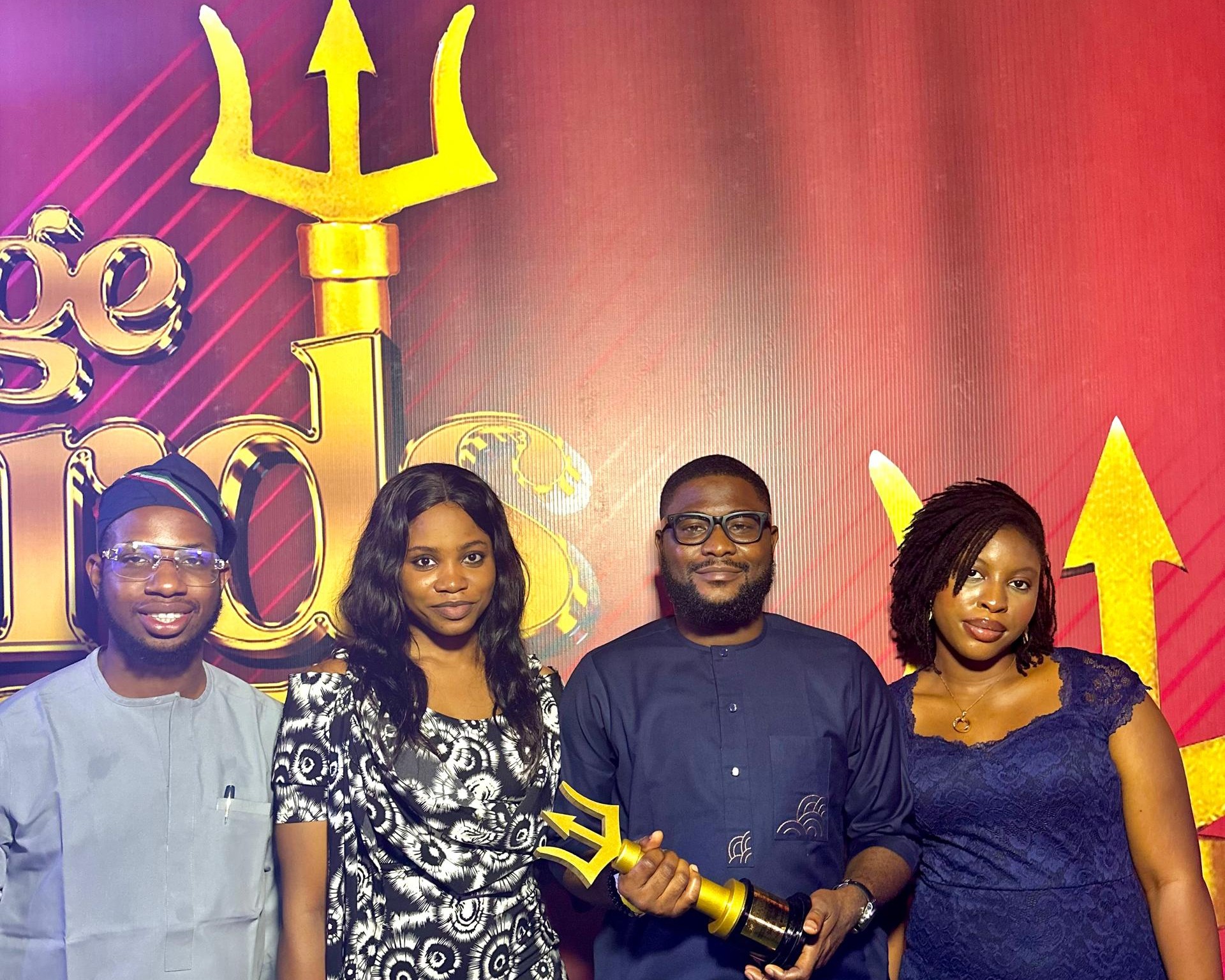Unilever has called on the marketing industry to stop stereotyping women, announcing that it will drop sexist portrayals of gender from its advertising.
The FMCG giant unveiled the new global approach in Cannes this morning, after conducting research that indicates just 3% of advertising portray women as clever. 40% of women who watch TV, furthermore, say they do not identify at all with the women they see in adverts.
Meanwhile, said Unilever global CMO Keith Weed, half of adverts depict women in a stereotypical manner. Just 1% portray women as funny.
“The campaign we are starting now is about unstereotyping,” said Unilever global marketing EVP Aline Santos. “This is becoming a really important issue for creatives and planners to understand. We have enough evidence that unstereotyping is not just good for society but good for business.”
The world’s second biggest advertiser, Unilever spends over $9bn per year on more than 400 brands. The company plans to advance portrayals of gender in its ads by focusing on three areas; role, personality and appearance.
“The way we portray women is very blank — with no personality,” said Santos. “We have to portray much richer personalities.”
Accordingly, Unilever has created 10 questions that everyone in the company must read before issuing a brief. “Any agency has to read them when they are thinking about producing assets,” said Santos. “That is the starting point we are using with #unstereotype.”
“Our industry spends billions of dollars annually shaping perceptions and we have a responsibility to use this power in a positive manner,” said Weed. “At Unilever we are at the start of a journey, and we are passionate about challenging the stereotypes that are pervasive.”
Earlier this week, Unilever’s Brooke Bond Red Label’s 6-Pack won the Grand Prix Glass Lion award for a campaign that challenges stereotypes in India by celebrating a gender identity that has traditionally not been accepted.
Unilever’s Axe/Lynx brand, which has been criticised for its portrayal of women, has also shifted its positioning to focus more on connection and attraction. Santos also said brands like Knorr, Dove and Lifebuoy are rethinking the way they depict women.
“Let’s talk in a context that is inclusive and real,” she said. “Let’s transform cooking from a responsibility to something that is much more pleasurable. Is it necessary to have a woman? And how do we portray them?”
Several of Unilever’s partner agencies have confirmed that they will be adopting the new approach – including BBH, 72andSunny, JWT, DDB, MullenLowe and Ogilvy, with many more likely to follow suit.
The new approach was unveiled at a panel in Cannes this morning that also featured actress Alysia Reiner, Lowe India chairman and CCO R. Balki, Mattel chief brand officer Juliana Chugg and BBH deputy ECD Rosie Arnold.
Chugg noted that changing the communication alone is not enough, with Mattel rethinking its Barbie line to be more reflective of what women actually look like. ‘It’s one thing to create a campaign to change attitudes. But it wasn’t just about the advertising, it was also about changing the product.”
Arnold, meanwhile, admitted that clients in Europe still struggle when it comes to ethnic diversity in their product marketing. “You have to work really hard to get clients to unite around that higher purpose.”




Comment
No comments found.